The Filipina "comfort women" sexually exploited by the Imperial Japanese Army during World War II deserve a place in the Philippines' history, a forum in Manila heard on Thursday.
Such recognition must go beyond financial reparations and a formal apology from the Japanese government for their suffering, attendees at the hybrid forum added.
Leaders of groups defending the cause of comfort women also urged the Philippine government to implement the resolution passed by the United Nations Committee on the Elimination of Discrimination against Women.
The resolution calls for the authorities to provide full reparation and an official apology to the survivors, who have suffered decades of physical, psychological and other consequences.
"For how else do you quantify our comfort women's pain and suffering?" asked Virginia Lacsa-Suarez, a lawyer for Malaya Lolas (Free Grandmothers), an organization of Filipina comfort women.
Lacsa-Suarez said this is why, on top of reparations and an apology, the story of Filipina comfort women must be included in Philippine history books, commemorated in a museum and integrated into the national curriculum.
Only that way will young Filipinos know more about the atrocities committed by the Japanese military during the war, she said.
Most of the surviving comfort women have died without finding justice, with only 25 members of the Malaya Lolas still living, she added.
"We always say history repeats itself. History repeats itself only when we forget the history," she said.
Otherwise, the world will create another generation of comfort women, she said, citing current conflicts happening globally.
Arlene Brosas, a party-list representative, urged the passage of a bill introduced last year that seeks to include the stories of comfort women in the national educational curriculum.
The bill, which remains pending in Manila's lower house of Congress, "seeks to recognize the suffering, sexual slavery and heroic participation in the resistance by Filipina comfort women under Japanese occupation", Brosas said.
"The harrowing accounts of comfort women have been neglected in Philippine history books and curricula, contributing to historical injustice," she said, noting this is why many students are not aware of the struggles of Filipina comfort women.
Courageous struggles
The bill aims to amplify the voices and acknowledge the courageous struggles of these women, aligning with the UN's recommendation for the Philippines to include the history of the country's wartime sexual slavery survivors in the educational curriculum, she said.
Teresita Ang See, convener of Flowers for Lolas, a coalition of organizations supporting the cause of comfort women, said, "Like a million flowers, let our voices be heard."
She urged more people to join the coalition and called for the establishment of a public monument to commemorate comfort women. She also asked for support for surviving comfort women, who are now advanced in age and require financial help and medical care.
The story of comfort women shows that "war is never a solution to anything", she said.
She also urged the Philippine government to resist any pressure from the Japanese government to stop the country from recognizing the suffering of comfort women.
Sharon Cabusao-Silva, executive director of Lila Pilipina, an organization helping Filipina comfort women, said that even after all the remaining comfort women have passed on, their stories will endure.
The history of comfort women is well-documented, not only in the Philippines but also in the UN, she said.
Her organization has documented the testimonies of comfort women, she said, adding the fight for their cause will continue.
She also called on Filipino youth to learn more about Philippine history and understand that a "colonial war "launched by Japan's invasion of the Philippines led to sexual slavery.
"Our youth, especially the young women, need to take a stand so that this colonial war won't happen again."








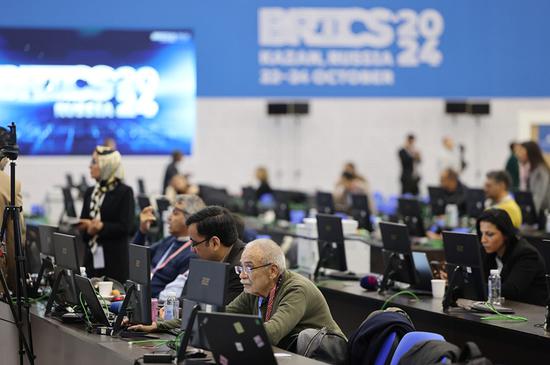
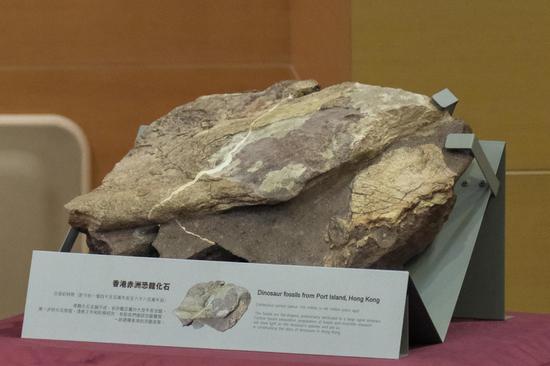









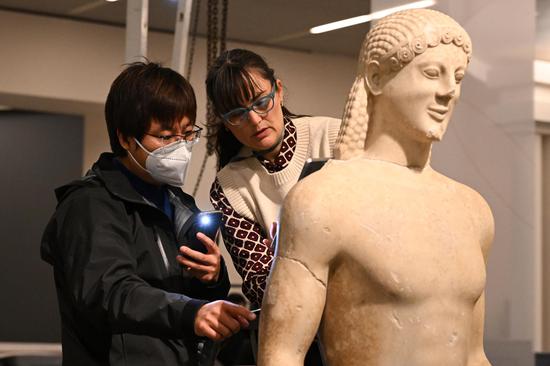







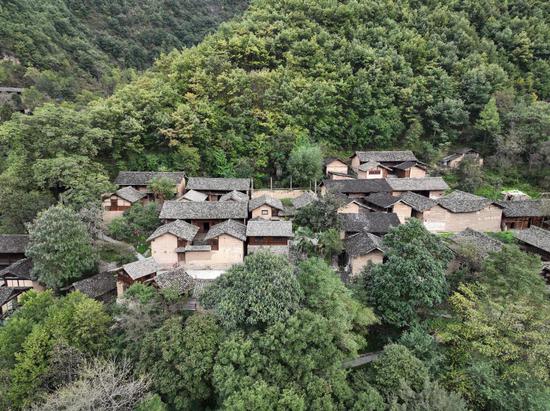
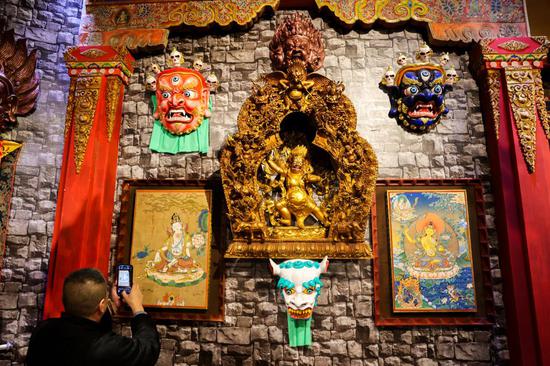



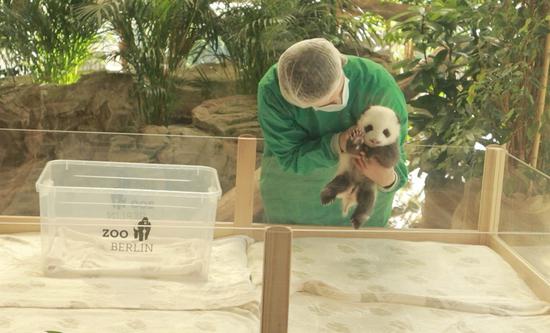

















 京公网安备 11010202009201号
京公网安备 11010202009201号